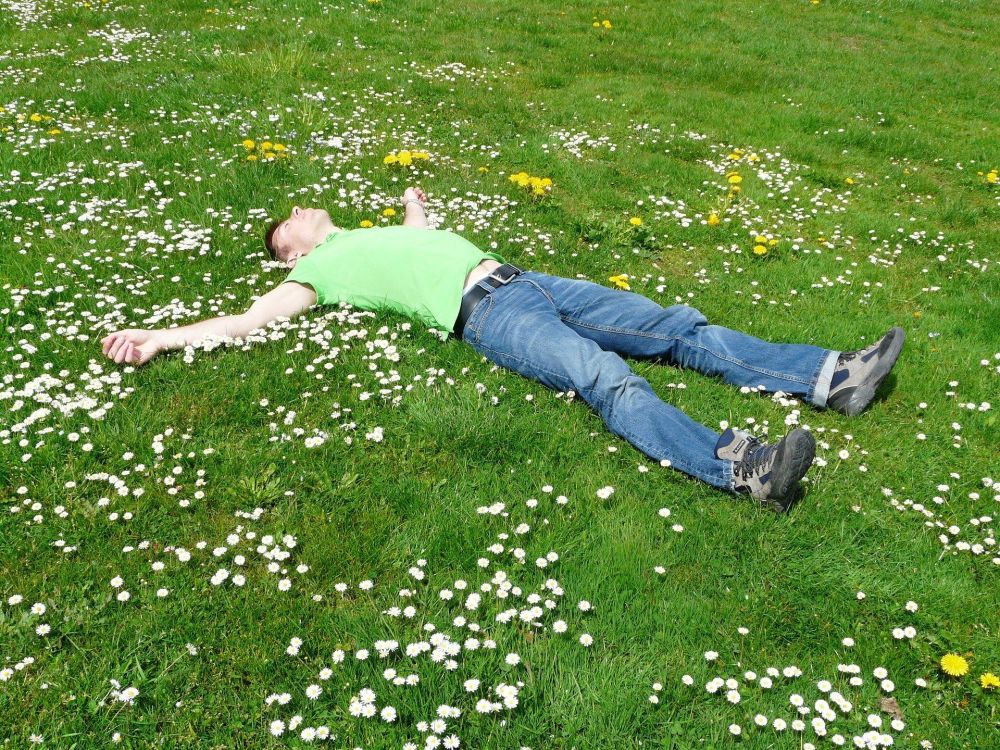Time to nip fear in the bud!
Posted on
Today I left the house for the first time in 3 weeks. 19 days ago, I developed a cough and a whole variety of symptoms and have stayed home ever since.
Don’t ask if I’ve had Covid 19 – maybe - who knows! I’ve certainly been quite poorly and rather generously shared it with my youngest daughter and my husband. I still wouldn’t rate my chances in a battle to escape a paper bag, although today I am definitely sure I’ll probably be fine.
If you know me at all, you’ll know I am mentally pretty strong. I have wobbles like anyone else, but mostly I am a mindset mentor and I walk my talk. Heck, I make my living helping people overcome their fears and mental blocks. Today though, faced with doing an entirely essential food shop, I was a quivering mass. Going out of the safe confines of my home was truly scary and, had my husband been well, I would not have gone. I would have found a reason to stay here, cocooned in my lovely safe home.
I remember, during a somewhat prolonged hospital stay after the very premature birth of my first child, a nurse telling my husband that I must be taken out for an ‘airing’ after a week – to prevent me becoming institutionalised! I was fascinated by their view that it only takes 2 weeks for us to hand over all responsibility to ‘the institution’. Now my home is nothing like the Special Care Baby Unit, nor does it resemble any other form of institution. However, it is a place where, feeling vulnerable and ill during a time of huge worldwide anxiety, I have been safely contained for three whole weeks.
You can probably tell by the fact you are reading this – I survived. I drove my car down the hill, my heart was palpitating, my palms sweating and my head pounding. There was no traffic, which made driving less stressful, but it was seeing a half empty supermarket carpark which allowed me to breathe normally. It was strange, curious, bizarre, but I was fine.
Now, let’s just talk about that fear.
I am a strong, relatively well mentally balanced woman.
I was scared.
So how do you think those people who are already experiencing anxiety are doing right now? It is a scary time, which is why some people will do crazy things to exercise some level of control. We’re pretty good at getting a survival plan in place – it is a basic human instinct – but taking a pause to breath and be rational is more challenging and effective. Once we know we are safe there can be a tendency to sink into that safety and lose sight of the bigger picture – to lose sight of what happens next.
At some point, whether a month, two, three or more into the future, we will return to some level of normal activity. This will involve leaving the safe sanctuary of our homes and re-starting life in the big wide world, and it is going to make some people’s anxiety go through the roof.
The time to start dealing with this is now, before it becomes deeply engrained.
Being afraid of the unknown is perfectly normal. The “I don’t know” is challenging for everyone. Just know, that you don’t have to let the fear overwhelm you. Reach out – if not to me, then to someone.
As a clinical hypnotherapist, I can support you via Zoom, Skype or Messenger and am greatly experienced working with all types of anxiety and fear. Including my own!
 So, what is insomnia?
So, what is insomnia?